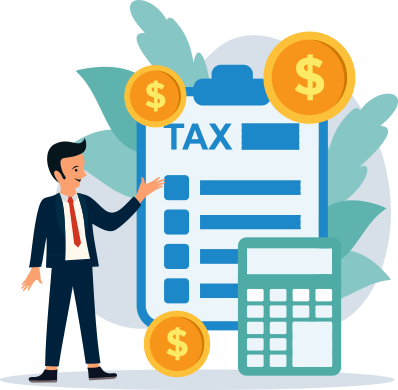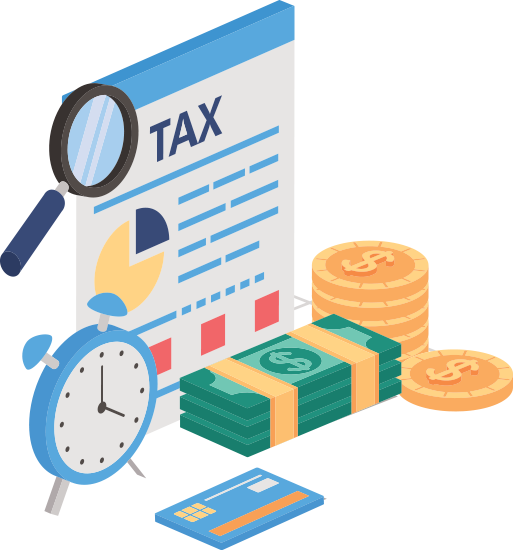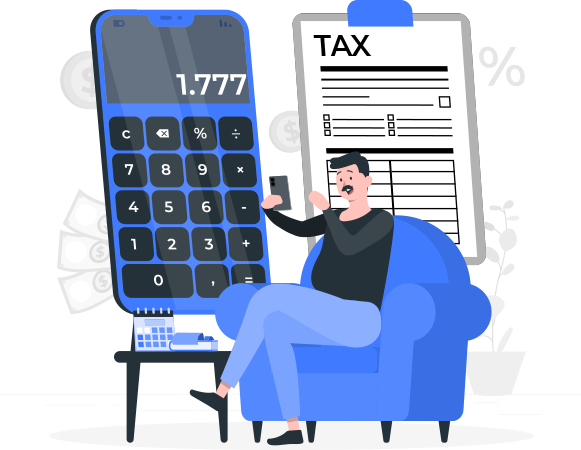
Self Assessment

Self Assessment
Self assessment is the method HMRC uses to collect tax from individuals.

There are a number of circumstances under which you may be required to register with HM Revenue & Customs (HMRC) and complete a self-assessment tax return.
- Self-employed or a partner in a partnership
- A company director
- Have rental income / Land- property income
- Have overseas income
- Have taken dividends from any company
- Have savings or investment income
- Have untaxed savings or investment income
- Household receives Child Benefit and you have income in excess of £50,000
- Have overseas income
- Have lived or worked abroad or aren’t domiciled in the UK
Who needs to prepare a
tax return?
Various circumstances require an individual to prepare and file a tax return. If you fall into one of the following categories, you may be obligated to submit a tax return:
- Self-employed individuals and sole traders
- Company directors (unless the company is non-profit and you receive no payment or benefits)
- High-income earners (earning over a certain threshold)
- Individuals with income from multiple sources, such as property rental, savings, investments, or foreign income

The tax year in the UK runs from April 6th to April 5th of the following year. The deadline to file a tax return is typically January 31st. For instance, the deadline for the tax year ending on April 5, 2023, would be January 31, 2024. It is crucial to submit your tax return on time to avoid late filing penalties.
Your tax liability, which is the amount of tax you owe to HMRC, is typically due on the same deadline as filing your tax return, which is January 31st. If you fail to pay your tax liability by this date, you may include interest charges and penalties.
To register for a tax return, you need to visit the official HMRC website and create a Government Gateway account. During the registration process, you will be asked for your National Insurance number and other personal information. Once registered, HMRC will send you a Unique Tax Reference (UTR) that you will need when filing your tax return.
Your UTR can be found on any previous tax returns, correspondence from HMRC, or on your online HMRC account once you have registered for self-assessment. If you are unable to locate your UTR, you can contact HMRC for assistance.
Failing to file your tax return on time can lead to penalties. The penalties are as follows:
● £100 if your tax return is up to three months late
● Additional £10 per day up to a maximum of £900 if it’s three to six months late
● Additional £300 or 5% of the tax due (whichever is higher) if it’s six to twelve months late
● Additional £300 or 5% of the tax due (whichever is higher) if it’s more than twelve months late

